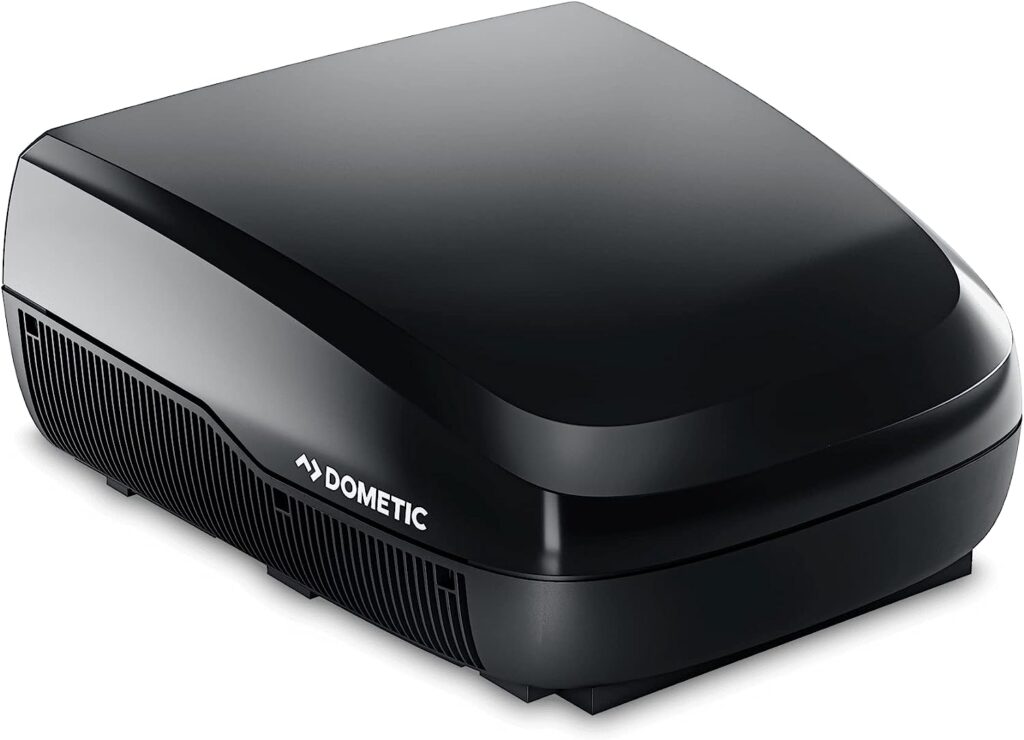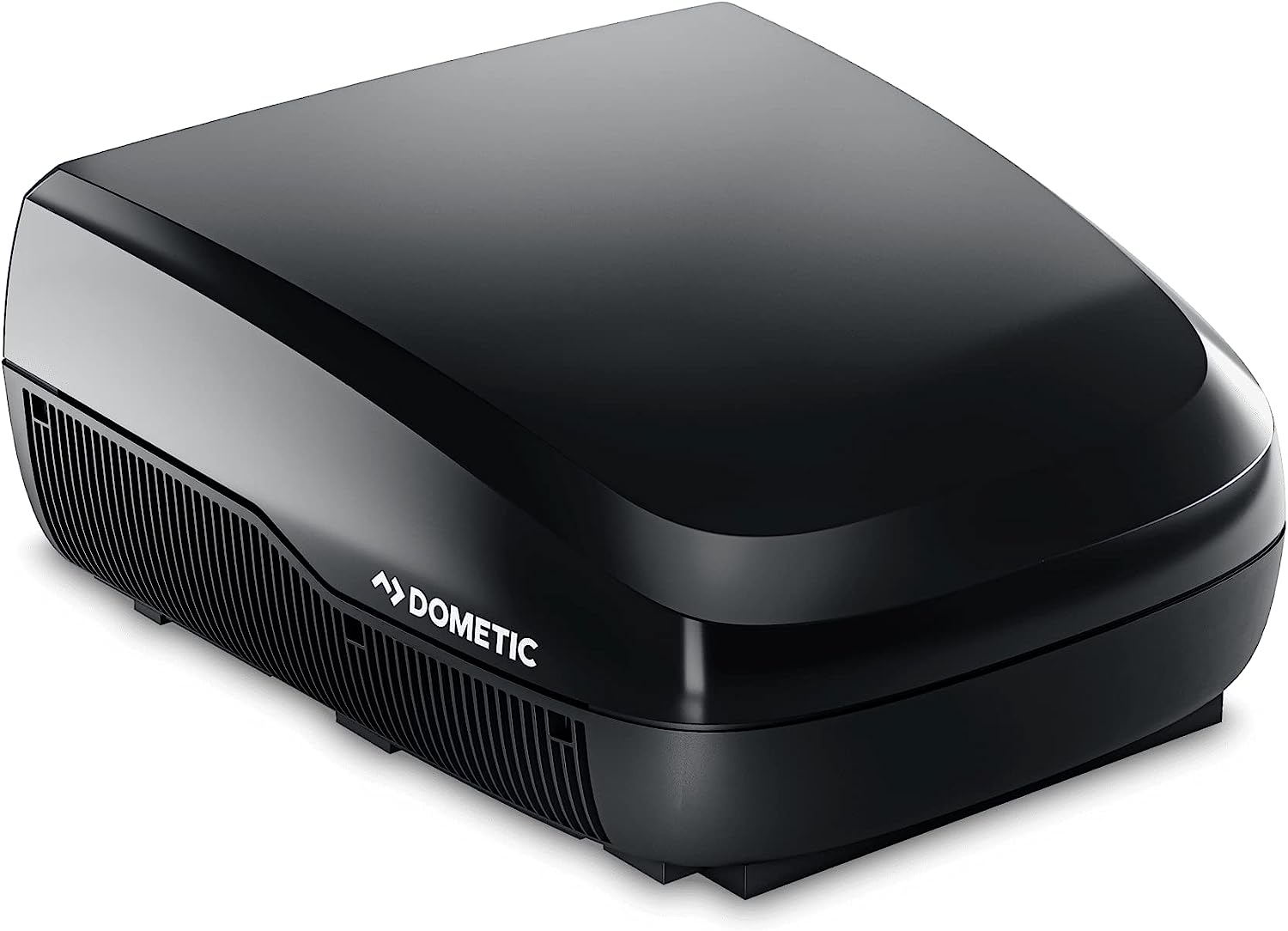If you’re a new RV owner in need of some guidance when it comes to purchasing and maintaining your recreational vehicle, you may find yourself pondering one important question: what size air conditioner do I need for my RV? The answer to this question can greatly impact your comfort during those long summer road trips. In this article, we will explore different factors to consider when determining the appropriate size air conditioner for your RV, ensuring that you stay cool and comfortable no matter where your adventures take you.
What Size Air Conditioner Do I Need For My RV?
Factors to Consider
When choosing the right size air conditioner for your RV, there are several factors you need to consider. These factors include the size of your RV, the climate you will be traveling in, the level of insulation in your RV, the number of occupants, and any additional heat sources inside your RV. By taking these factors into account, you can ensure that you select an air conditioner that will effectively cool your RV and keep you comfortable during your travels.
Calculating the BTU
To determine the appropriate size of air conditioner for your RV, you will need to calculate the British Thermal Units (BTU) needed. The BTU measurement quantifies the cooling capacity of an air conditioner and tells you how much cooling power the unit can deliver. To calculate the BTU required for your RV, you can use a simple formula that takes into account the cubic footage of your RV. By multiplying the cubic footage by a specific factor, you can arrive at the recommended BTU for your air conditioner.
Understanding RV Sizes
It’s important to have a clear understanding of the size of your RV before selecting an air conditioner. RVs come in various sizes, ranging from small campers to large motorhomes. The size of your RV will directly impact the cooling needs, as a larger RV will require a more powerful air conditioner to effectively cool the entire space. Take measurements of the length, width, and height of your RV to determine its size accurately. This information will guide you in choosing an air conditioner that can adequately cool your RV.
Determining Your RV’s Cooling Needs
Assessing Your RV’s Insulation
One crucial factor in determining your RV’s cooling needs is the level of insulation in your RV. Good insulation helps to retain cool air and prevent it from escaping, reducing the workload on your air conditioner. If your RV has poor insulation, you may need a more powerful air conditioner to compensate for the heat gain. On the other hand, if your RV is well-insulated, you may be able to opt for a smaller air conditioner without sacrificing comfort. Check the insulation in your RV and consider upgrading it if necessary.
Considering the Climate
The climate you will be traveling in also plays a significant role in determining your RV’s cooling needs. If you plan to travel in hot and humid areas, you will need a powerful air conditioner that can handle high temperatures and humidity levels. Conversely, if you primarily travel in cooler regions, you may be able to get by with a smaller air conditioner. Take into account the average temperatures and humidity levels of the areas you intend to visit to ensure your air conditioner can effectively cool your RV in those conditions.
Accounting for Occupancy
The number of occupants in your RV is another important factor to consider. More occupants mean more body heat and increased humidity levels inside the RV. If you regularly travel with a large number of people, you will need an air conditioner with higher cooling capacity to maintain a comfortable temperature. On the other hand, if you usually travel alone or with only a few people, you may be able to opt for a smaller air conditioner to meet your cooling needs.
Evaluating Additional Heat Sources
It’s essential to consider any additional heat sources inside your RV when determining your cooling needs. Appliances such as ovens, stovetops, and refrigerators generate heat, which adds to the overall temperature inside the RV. If you have multiple heat sources, you will need a more powerful air conditioner to counteract the heat gain effectively. Take into account all the appliances and equipment in your RV that produce heat and factor them into your decision-making process.
Types of RV Air Conditioners
Roof-Mounted Air Conditioners
Roof-mounted air conditioners are a popular choice for RV owners due to their convenience and efficiency. These units are installed on the roof of the RV and provide centralized cooling throughout the entire space. Roof-mounted air conditioners are typically ducted, meaning they distribute cool air through a series of vents or ducts. This type of air conditioner is easy to operate, saves valuable interior space, and provides efficient cooling.
Portable Air Conditioners
If you prefer a more flexible cooling solution for your RV, portable air conditioners may be a suitable option. These units are standalone and can be moved around as needed. They typically require a window or vent for exhaust purposes. Portable air conditioners offer the advantage of convenience and versatility, allowing you to cool specific areas of your RV. However, they may not be as efficient as roof-mounted units and may take up valuable interior space.
Ducted Air Conditioners
Ducted air conditioners are similar to roof-mounted units but provide the flexibility of cooling multiple zones in your RV. These units use a network of ducts to distribute cool air throughout different areas of your RV. With ducted air conditioners, you can control the temperature individually in each zone, providing personalized comfort for everyone onboard. However, the installation of ducted air conditioners can be more complex and may require professional assistance.
Window-Mounted Air Conditioners
Another option for cooling your RV is a window-mounted air conditioner. These units are similar to those used in residential settings. Window-mounted air conditioners are installed in a window or through a specially-designed opening in the wall of your RV. While they are cost-effective and easy to install, they can be bulky and may obstruct your view if placed in a window. Additionally, they may not provide as efficient cooling as other types of RV air conditioners.
Energy Efficiency
EER and SEER Ratings
When choosing an RV air conditioner, it’s important to consider its energy efficiency. Energy Efficiency Ratio (EER) and Seasonal Energy Efficiency Ratio (SEER) are two ratings used to determine the efficiency of air conditioning units. The higher the EER or SEER rating, the more energy-efficient the unit is. By selecting an air conditioner with a higher EER or SEER rating, you can save on energy costs and reduce your carbon footprint.
Inverter Technology
Air conditioners with inverter technology provide additional energy-saving benefits. Traditional air conditioners operate on a fixed speed, which means they are either on or off. Inverter technology allows the unit to adjust the compressor speed based on the cooling needs, resulting in more precise temperature control and reduced energy consumption. Although air conditioners with inverter technology may have a higher upfront cost, the energy savings over time can offset the initial investment.
Dual Hose vs. Single Hose Systems
For portable air conditioners, it’s important to consider whether you should opt for a dual hose or single hose system. Dual hose systems have two separate hoses—one for air intake and one for exhaust. This design allows for more efficient cooling by eliminating the need to draw in warm air from inside the RV. Single hose systems, on the other hand, use a single hose for both intake and exhaust, which can result in a slight decrease in efficiency. However, single hose systems are typically less expensive and easier to install.
Installation and Maintenance
Professional Installation vs. DIY
When it comes to installing an RV air conditioner, you have the option to either hire a professional or do it yourself. While DIY installation may save you money, it’s important to consider your skill level and the complexity of the installation process. Professional installation ensures that the air conditioner is correctly installed, minimizing the risk of damage and ensuring optimal performance. If you’re unsure about your abilities or want to avoid any potential issues, professional installation is recommended.
Cleaning and Maintenance Tips
Regular cleaning and maintenance of your RV air conditioner are essential for optimal performance and longevity. It’s recommended to clean or replace the air filters regularly to ensure proper airflow and prevent dust and debris buildup. Additionally, you should clean the condenser coils and check for any signs of leaks or damage. Proper maintenance will not only keep your air conditioner running efficiently but also extend its lifespan.
Replacing Your RV Air Conditioner
If your current RV air conditioner is old or no longer functioning effectively, you may need to consider replacing it. When replacing your RV air conditioner, it’s important to choose a unit with compatible specifications and features. Assess your cooling needs, evaluate the size and type of your RV, and consider any additional requirements or preferences. If you’re unsure about the replacement process, consulting with a professional can ensure a smooth and successful installation.

Additional Tips and Considerations
Noise Levels
Air conditioners can generate noise, and this noise level may be a consideration for some RV owners. If you prefer a quieter environment inside your RV, you should choose an air conditioner with a lower noise rating. Look for units that have noise reduction features or are specifically designed to operate quietly. Keep in mind that noise levels may vary depending on the type and brand of air conditioner.
Power Source
Consider the power source requirements of your RV air conditioner. Most air conditioners for RVs operate on electricity, but it’s important to ensure that your RV has the necessary power supply. Check the electrical system in your RV and ensure it can handle the power requirements of the air conditioner you choose. If you plan to stay in locations without electricity, you may need to consider alternative power sources such as generators or solar panels.
Warranty and Support
When purchasing an RV air conditioner, it’s essential to consider the warranty and support provided by the manufacturer. Look for units that come with a comprehensive warranty that covers parts and labor. Additionally, check customer reviews and ratings to gauge the level of customer support provided by the manufacturer. A reliable warranty and excellent customer support can provide peace of mind and assistance in case of any issues or concerns.
Cost of Operation
Consider the cost of operation when selecting an RV air conditioner. While more energy-efficient units may have a higher upfront cost, they can result in lower energy bills in the long run. Calculate the estimated energy consumption and associated costs of different air conditioner options to determine the most cost-effective choice for your needs. Additionally, factor in any maintenance or replacement costs that may arise over the lifespan of the air conditioner.
By thoroughly considering all these factors and understanding your RV’s cooling needs, you can confidently select the right size and type of air conditioner for your RV. Remember to prioritize energy efficiency, consider professional installation when necessary, and maintain your air conditioner regularly to ensure optimal performance and comfort during your RV adventures.



